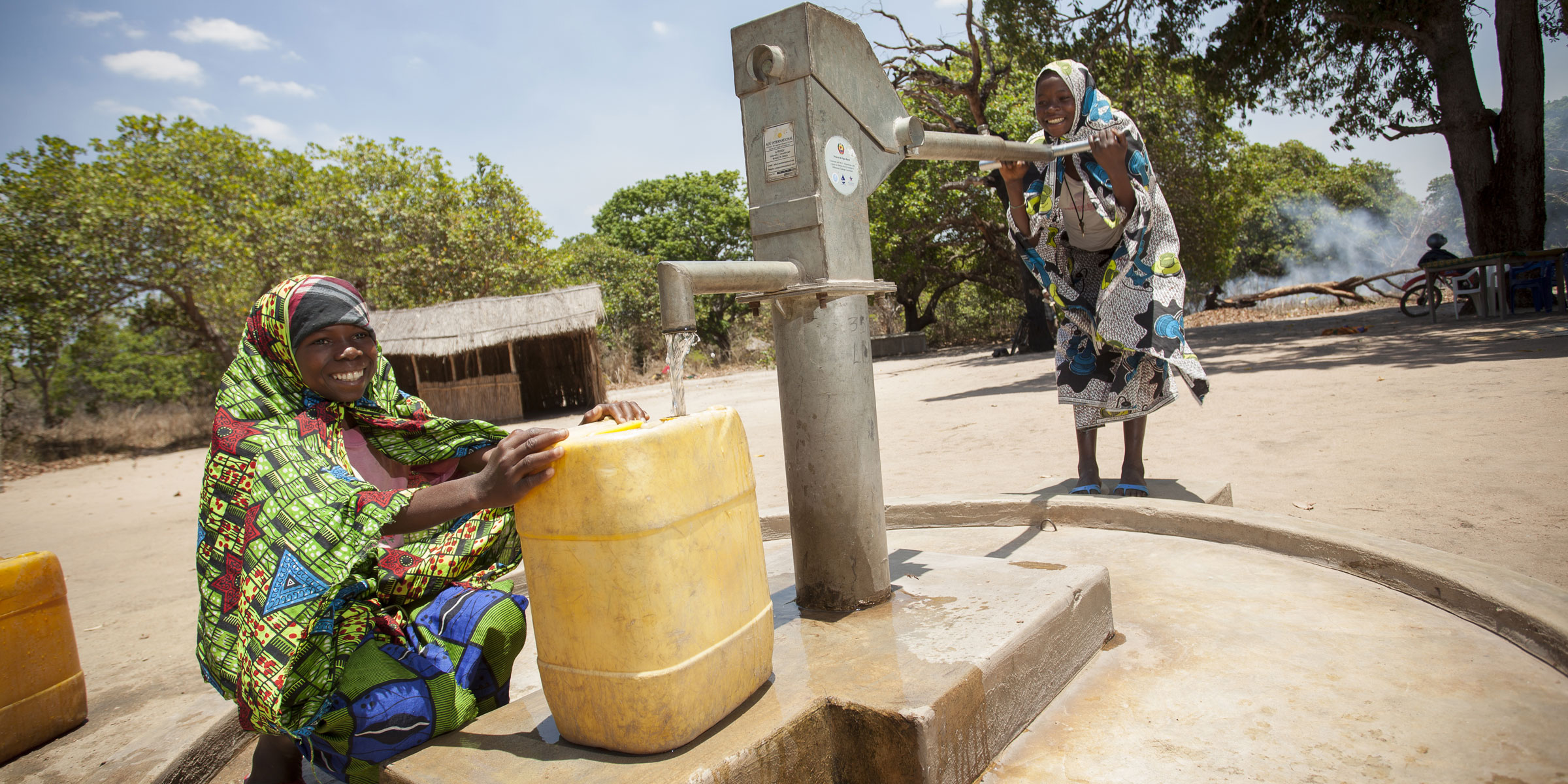The World Bank approved a $150 million grant from the International Development Association (IDA) on Tuesday to support the Government of Mozambique’s Rural and Small Towns Water Security Project, which aims to improve access to improved water supply and sanitation services in selected small towns and rural areas of the Nampula and Zambezia provinces in northern Mozambique. These two provinces, which together account for 39% of the country’s population, have the lowest access to clean water and sanitation services. Mozambique’s northern provinces have the greatest multidimensional poverty rates and the least access to essential utilities, including water, sewage, and power. Conflict, frequent climatic shocks, and a lack of essential services increase these societal vulnerabilities.
Also Read: Construction of the Mozambique-Malawi Power Transmission Link Begins
17 towns to benefit from the project
The project will invest in water and sanitation infrastructure in 17 small towns in the provinces of Zambezia (seven towns) and Nampula (ten towns) and provide incentives to improve the financial and operational sustainability of the services through performance-based contracts. The project would also fund civil works for 22 rural growth centres’ piped water supply schemes, including the building and upgrading water sources, treatment facilities, transmission, distribution, and residential connections. Work will also involve the installation of solar energy sources for new systems and the conversion of current systems from diesel generators and grid electricity to solar, both of which will help reduce greenhouse gas emissions. Pumping equipment that is energy efficient will be preferred throughout the project.
The Mozambique’s Rural and Small Towns Water Security Project will provide block grants to elected provincial governments in Nampula and Zambezia to fulfil their leading role and responsibility in planning, implementing, and supervising water supply and sanitation infrastructure development in rural areas, in line with the government’s decentralization framework. The province administration will engage with a few districts to guarantee that investments in 500 distributed water sites, including 100 solar-powered multiuse systems with irrigation and drinking water for animals, are planned in a participatory manner. Grants will also be utilized to upgrade onsite sanitary facilities at 150 remote schools and the family level, with a target population of 20,000 disadvantaged rural families. The project also includes unique measures to expand service and enhance access to water and sanitation between the reallocation centres for internally displaced persons and the hosting communities in the provinces of Nampula and Zambezia.
This operation complements other ongoing World Bank investments in urban and rural development in northern Mozambique, such as development partners’ joint efforts to support the government’s National Program for Rural Water and Sanitation (PRONASAR) second phase implementation the government’s Five-Year Program 2020-2024. This operation is in line with the World Bank Group’s Mozambique Country Partnership Framework (CPF), which focuses on human capital development, resilience, and recovery from climate and conflict-related fragility.
The International Development Association (IDA) of the World Bank, founded in 1960, assists the world’s poorest nations by giving grants and low- or no-interest loans for projects and programs that enhance economic growth, alleviate poverty, and improve the lives of poor people. IDA is one of the world’s most important sources of aid for the world’s poorest 74 countries, 39 in Africa. The 1.3 billion people who reside in IDA nations benefit from the resources provided by IDA. IDA has given $458 billion to 114 countries since 1960. Over the previous three years (FY19-FY21), annual pledges have averaged over $29 billion, roughly 70% flowing to Africa.

Leave a Reply